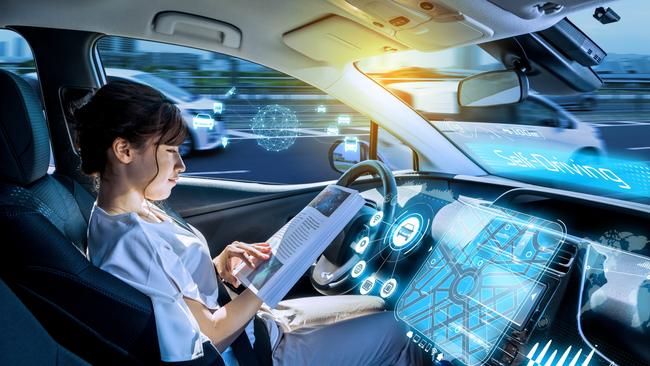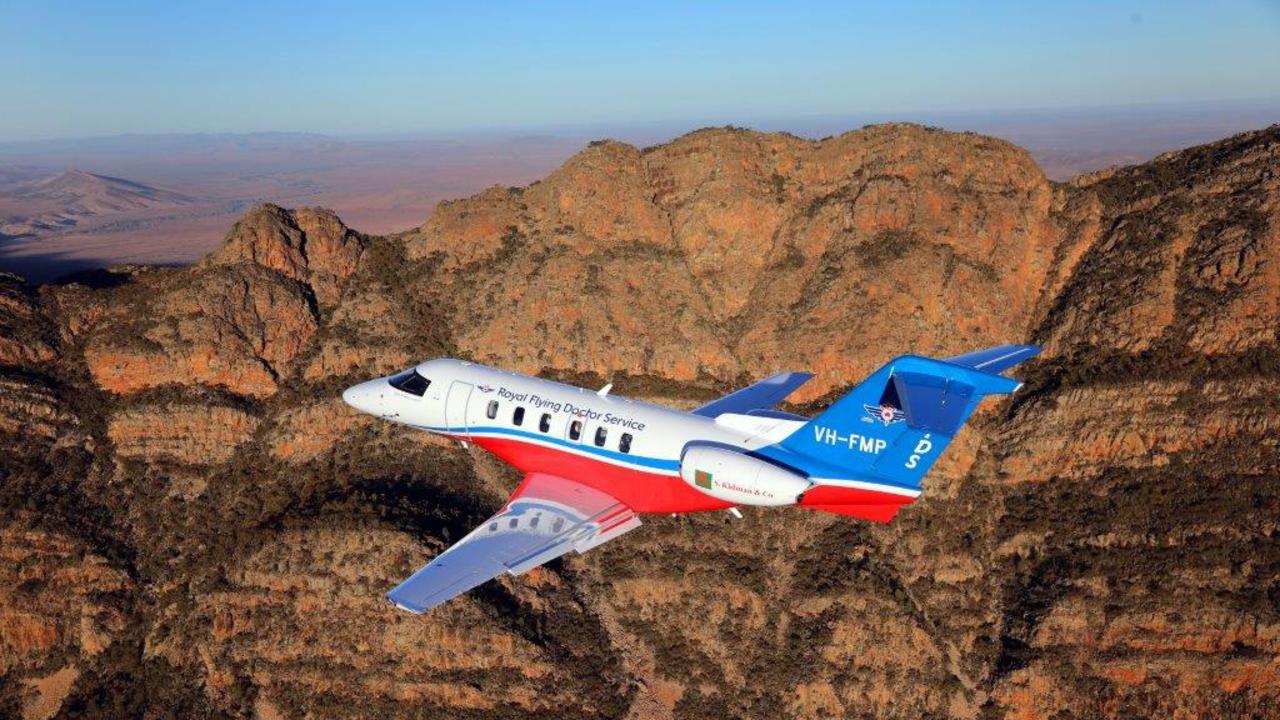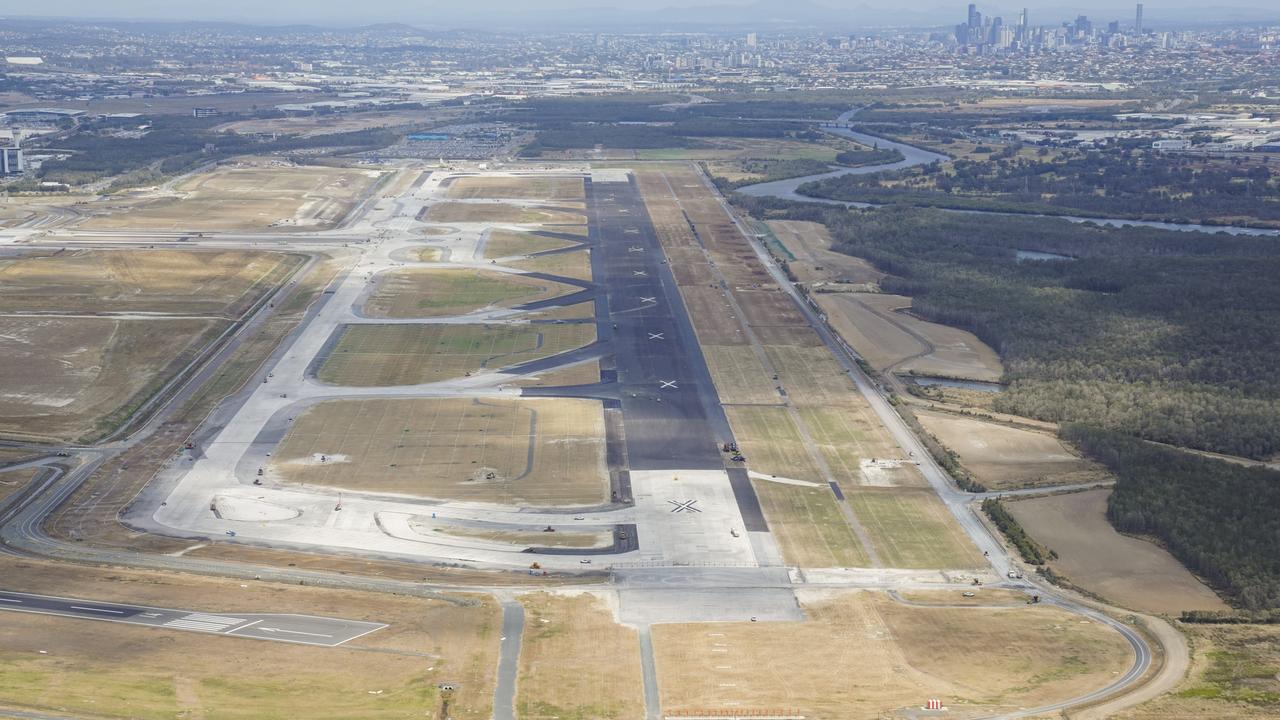Why self-driving cars will be ‘game changer’ for southeast Queensland
THE Department of Transport and Main Roads will start testing amazing new technology from next year designed to solve looming congestion nightmares and improve safety. SEE THE VIDEO

Future QLD
Don't miss out on the headlines from Future QLD. Followed categories will be added to My News.
SELF-DRIVING cars that can talk to each other and associated infrastructure will be a “game changer” for the southeast’s stressed road network, according to the Department of Transport and Main Roads.
DTMR deputy director-general Matt Longland told The Courier-Mail that transport authorities around the world were looking to emerging autonomous technology to help solve looming congestion nightmares and improve safety.
THE MAJOR ROADS SET TO BECOMES NIGHTMARES
‘MOST NEGLECTED ROAD’ COSTING US MILLIONS
CURRENT LEADERS NEED TO THINK AHEAD
Late next year, DTMR will start testing 500 vehicles that will be fitted with technology so they communicate wirelessly with each other and infrastructure such as traffic lights.
Drivers will get alerts about traffic conditions and potential safety issues on the roads.

“The challenge has been that individual (autonomous) vehicles can provide some really big benefits for drivers, things like lane control … but the really big benefits come when you connect vehicles with each other and connect them with roadside infrastructure,” Mr Longland said.
“That’s when you get some really big benefits in terms of efficiencies on the network, in managing congestion and … in safety … particularly when it’s linked in to traffic management centres because you get the benefit of being able to manage the network in real time.”
Last week, the Federal Government announced it would establish the Office of Future Transport Technologies to prepare for the arrival of automated vehicles and other emerging vehicle technologies.
Professor Andry Rakotonirainy, deputy director of QUT’s CARRS-Q program, which will be involved in the study, said there were clear potential benefits of connected and autonomous vehicles but they could only be realised if the public trusted the technology.
“The big trends in terms of research is connected autonomous vehicles,” he said.
“Everybody is really working in this area with the view to prepare for the future but we are talking about disruptive technology and the definition of that is that it’s technology we’ve never heard of.
“We can’t really predict the future on past data because we don’t have past data about driverless cars so that makes it really difficult to crystal ball their market penetration in 10 or 15 or 25 years.”
Professional services firm Deloitte’s city mobility index already places Brisbane behind Sydney and Melbourne for travel times and has warned of looming congestion headaches.
The report urges authorities to start discussing disruptive technologies such as self-driving vehicles to help deal with persistent congestion on major motorways and arterial roads.
Deloitte consulting partner Kellie Nuttall said governments needed to be an “active catalyst” of change towards new technologies.
“If you said what does 2043 look like for me, it all comes down to the mindset that we’re going to apply to that future, so I think you could end up in a scenario where it looks exactly like it does today, it could look completely different to today, it’s all around that will to drive it in a certain direction,” she said.


